It is usually possible to treat children's hiccup with acupuncture and moxibustion in traditional Chinese medicine, but it should be operated by professional doctors. The methods of stopping hiccup mainly include acupuncture and moxibustion, acupoint pressing, traditional Chinese medicine conditioning, diet adjustment, massage, etc.
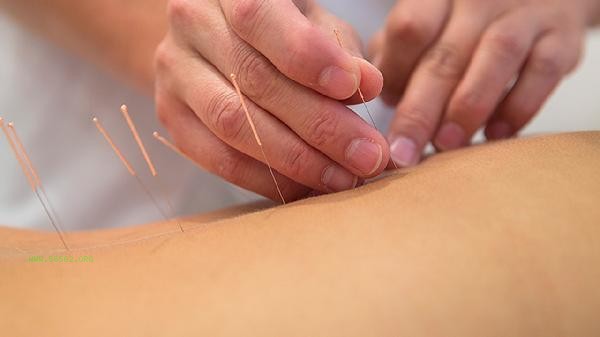
1. acupuncture and moxibustion therapy
acupuncture and moxibustion has a better effect on functional hiccup by stimulating Zusanli, Neiguan and other acupoints to regulate gastrointestinal function. Attention should be paid to the delicate skin of children, and thin needles should be used for shallow needling. The duration of a single needle should not be too long. The commonly used clinical technique of tonifying and relieving diarrhea is combined with moxibustion at the Zhongwan acupoint for better results. It is not recommended for parents to operate on their own.
2. Acupoint Pressing
Parents can guide their children to use their thumbs to press the Zanzhu acupoint or Yifeng acupoint, and then relax after each press for a few seconds, repeating the process several times. This method is safe and non-invasive, suitable for sudden hiccup. When pressing, the force should be gentle and combined with deep breathing for better results. Be careful to avoid sensitive areas such as eyes.
3. Traditional Chinese Medicine Treatment
For recurrent hiccups, follow the doctor's advice to use formulas such as Dingxiang Shidi Tang and Xuanfu Daizhe Tang. Traditional Chinese patent medicines and simple preparations such as Muxiang Shunqi Pill and Baohe Pill also help regulate qi. During the medication period, avoid eating raw, cold, greasy foods. For those with spleen and stomach deficiency and cold, warm and moderate medicines should be used in combination. Long term self medication is not recommended.
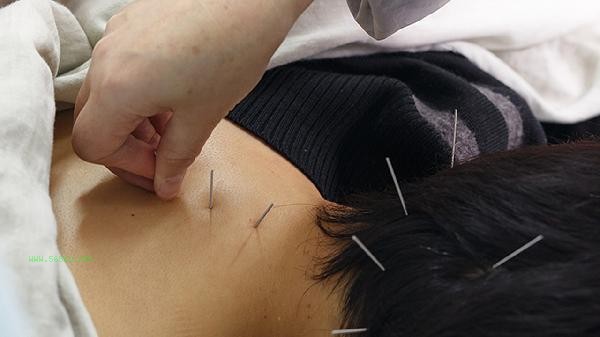
4. Dietary Adjustment
During the onset of SEP, it is advisable to drink small amounts of warm ginger water multiple times and avoid stimulating foods such as carbonated drinks and ice cream. You can eat more spleen strengthening ingredients such as yam and pumpkin in your daily life, and chew them slowly when eating. After breastfeeding, infants and young children should be held upright and burped. Older children should avoid overeating.
5. Tuina Massage
Push and massage along the Ren meridian from the middle of the body towards the central epigastric region, combined with acupressure of the Spleen Yu and Stomach Yu acupoints on the back, several times a day. The technique should be gentle and soothing, and can be used in conjunction with baby moisturizing oil. Pay attention to keeping warm after massage and avoid direct blowing. If hiccups persist for more than 24 hours, seek medical attention promptly.
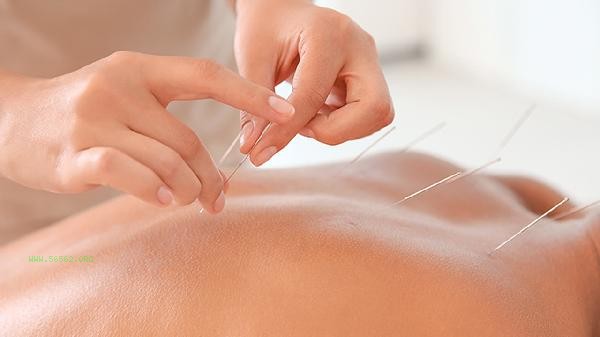
Childhood hiccups are often related to improper diet, exposure to cold, or emotional stress. It is important to keep the abdomen warm and cultivate regular eating habits. Acupuncture and moxibustion treatment should be carried out in regular medical institutions to avoid hunger and satiety. If accompanied by symptoms such as vomiting and abdominal pain, organic diseases such as diaphragmatic lesions should be ruled out. It is recommended that parents record the frequency and causes of seizures to facilitate doctors' diagnosis and treatment. Teaching children to practice abdominal breathing in daily life can help alleviate diaphragm spasms.

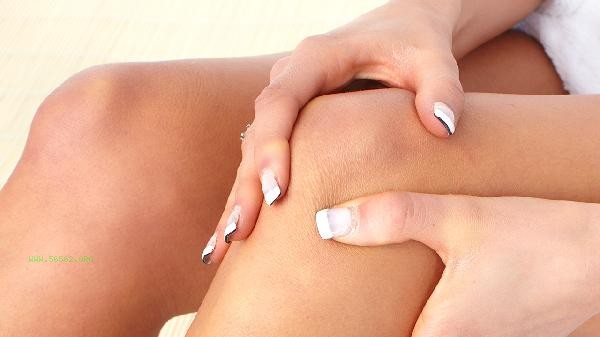
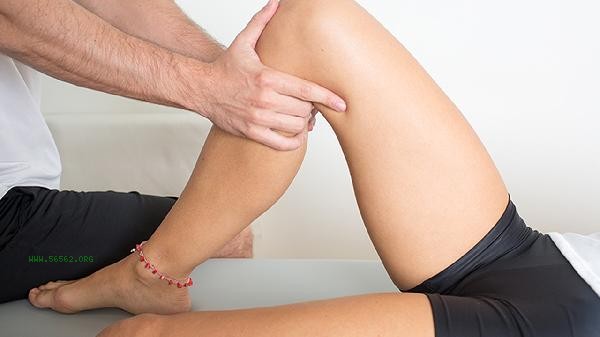
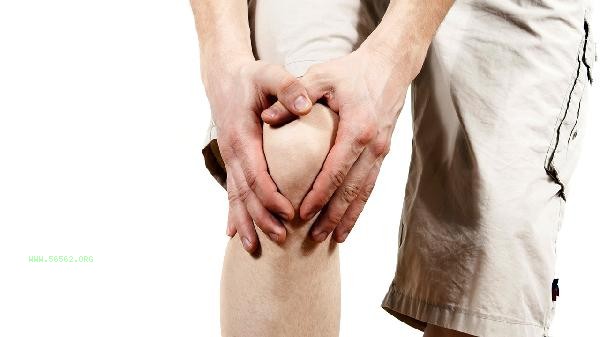
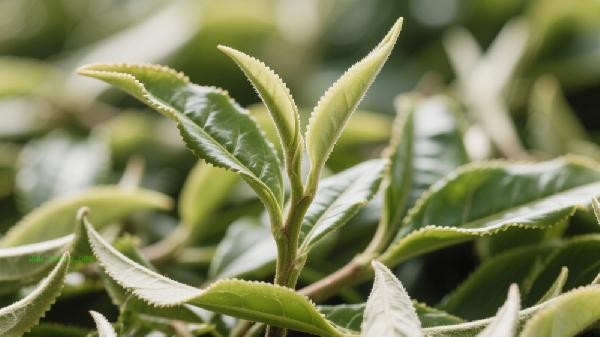
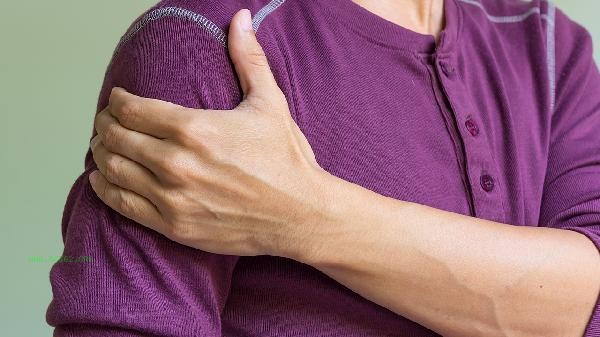


Comments (0)
Leave a Comment
No comments yet
Be the first to share your thoughts!